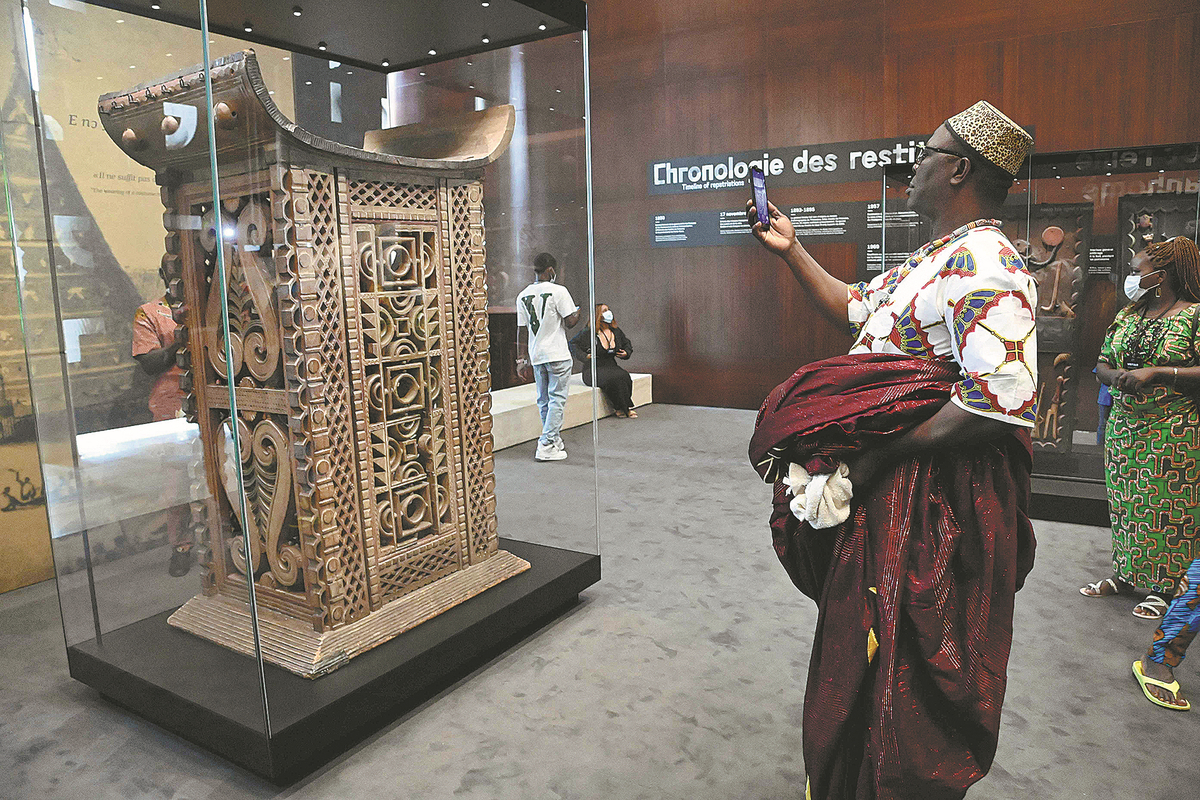History catches up with thieves of opportunity


"A pressing issue"
Catalina Tejero, vice dean of IE University Arts & Humanities Division, said the debate over restitution and repatriation must be discussed no matter how complex.
"This has become a pressing issue for any cultural institution that possesses objects whose provenance may be in question. Many institutions are now making an effort at transparency by reviewing the origin and conditions of acquisition of their pieces," she said.
Tejero added:"It is important that museums are able to explain how and why things are there or maybe even why they are not there. This stands as a unique opportunity to build bridges between countries and cultures and open dialogues. Museums are places that naturally trigger our critical thinking from all angles, not just aesthetically. This is why they are particularly sensitive to this subject matter."
The Parthenon Sculptures in the British Museum are other high-profile artifacts caught up in a long-running dispute.
The sculptures, also known as the Elgin Marbles, were taken by Lord Elgin, the British ambassador to the Ottoman Empire, who oversaw their excavation from the ancient Acropolis in the early 1800s. He sold them to the British government and the collection has been in the British Museum since 1816.
Greece is demanding the sculptures be returned and claimed it has already set up a space for their display at the Acropolis Museum, should they ever go back.
Greece's Prime Minister Kyriakos Mitsotakis even offered to loan his country's other treasures to the British Museum in exchange.
The British Museum said the first formal request for the return of the Parthenon Sculptures was made in 1983, and there have been various meetings and discussions since then.
"Media coverage has referred to Greek government requests to borrow the sculptures, but a loan request has never been received," the museum says on its website.
Earlier this year, the British Museum's deputy director, Jonathan Williams, told the Sunday Times Culture magazine of a "Parthenon partnership" with Greece, which could see the Marbles return to Athens after more than 200 years.
























